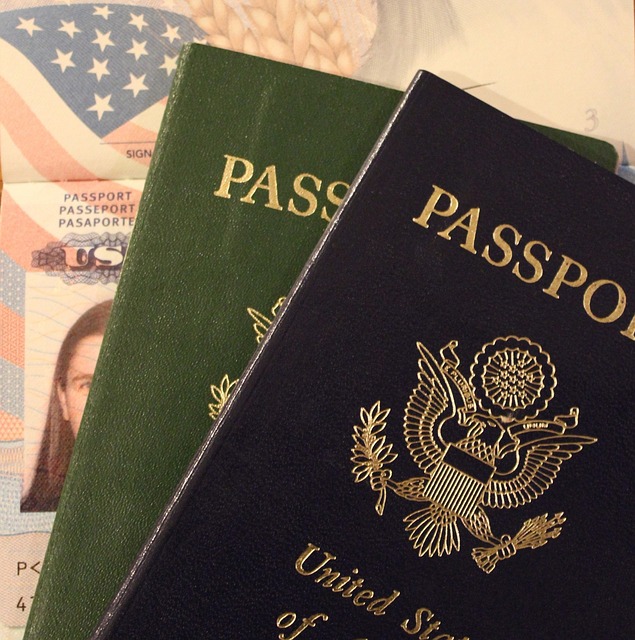Swiss Immigration Policies: Recent Changes and Their Implications

Switzerland, known for its high quality of life, strong economy, and political stability, has long been an attractive destination for immigrants. However, its immigration policies are subject to frequent updates to address economic needs, social integration, and political pressures. In recent years, Switzerland has implemented several changes to its immigration policies, reflecting its evolving priorities and challenges. This article explores the recent changes in Swiss immigration policies, their implications, and what they mean for prospective immigrants.
1. Background: Switzerland’s Immigration Landscape
Switzerland’s immigration policies are shaped by its unique position in Europe, its labor market needs, and its commitment to maintaining social cohesion. The country has a dual system for immigration:
- EU/EFTA Nationals: Switzerland has bilateral agreements with the European Union (EU) and European Free Trade Association (EFTA) countries, allowing for the free movement of people.
- Non-EU/EFTA Nationals: Immigration from non-EU/EFTA countries is subject to stricter quotas and requirements.
2. Recent Changes in Swiss Immigration Policies
Here are the key changes to Swiss immigration policies in recent years:
A. Stricter Rules for Non-EU/EFTA Workers
- Quota System: Switzerland has maintained annual quotas for non-EU/EFTA workers, limiting the number of work permits issued. These quotas are designed to prioritize highly skilled workers who can contribute to the Swiss economy.
- Labor Market Test: Employers must demonstrate that they cannot find suitable candidates from the EU/EFTA region before hiring non-EU/EFTA workers.
B. Integration Requirements
- Language Proficiency: Immigrants are increasingly required to demonstrate proficiency in one of Switzerland’s national languages (German, French, Italian, or Romansh) to obtain residency permits or citizenship.
- Integration Agreements: Some cantons have introduced integration agreements, requiring immigrants to attend language courses or participate in community activities.
C. Family Reunification
- Stricter Criteria: The Swiss government has tightened the criteria for family reunification, particularly for non-EU/EFTA nationals. Applicants must now prove they have adequate housing and financial resources to support their family members.
- Waiting Periods: In some cases, family members must wait several years before joining their relatives in Switzerland.
D. Asylum and Refugee Policies
- Fast-Track Asylum Procedures: Switzerland has introduced faster processing of asylum applications to reduce the backlog and ensure timely decisions.
- Restrictions on Benefits: Asylum seekers and refugees face stricter limits on social benefits, encouraging self-sufficiency and integration.
E. Digital Nomad Visa
- New Visa Category: Switzerland is considering introducing a digital nomad visa to attract remote workers and freelancers. This visa would allow individuals to live and work in Switzerland for up to one year, provided they meet certain income and insurance requirements.
3. Implications of Recent Changes
The recent changes to Swiss immigration policies have several implications for immigrants, employers, and Swiss society:
A. For Immigrants
- Higher Barriers: Stricter language and integration requirements make it more challenging for immigrants to obtain residency or citizenship.
- Focus on Skills: Non-EU/EFTA workers must demonstrate high levels of education, skills, and experience to qualify for work permits.
- Family Separation: Stricter family reunification rules may lead to longer periods of separation for families.
B. For Employers
- Labor Shortages: The quota system and labor market test can make it difficult for employers to hire non-EU/EFTA workers, particularly in industries facing labor shortages.
- Focus on Local Talent: Employers are encouraged to prioritize hiring from the EU/EFTA region and invest in training local workers.
C. For Swiss Society
- Social Cohesion: Stricter integration requirements aim to promote social cohesion and reduce cultural tensions.
- Economic Growth: By prioritizing highly skilled workers, Switzerland seeks to maintain its competitive edge and drive economic growth.
4. Tips for Navigating Swiss Immigration Policies
If you’re considering immigrating to Switzerland, here are some tips to navigate the recent changes:
- Learn the Language: Invest time in learning one of Switzerland’s national languages to meet integration requirements.
- Research Visa Options: Understand the different visa categories and choose the one that best suits your situation.
- Gather Documentation: Ensure you have all required documents, such as proof of employment, language certificates, and financial records.
- Seek Professional Advice: Consider consulting an immigration lawyer or expert to guide you through the process.


